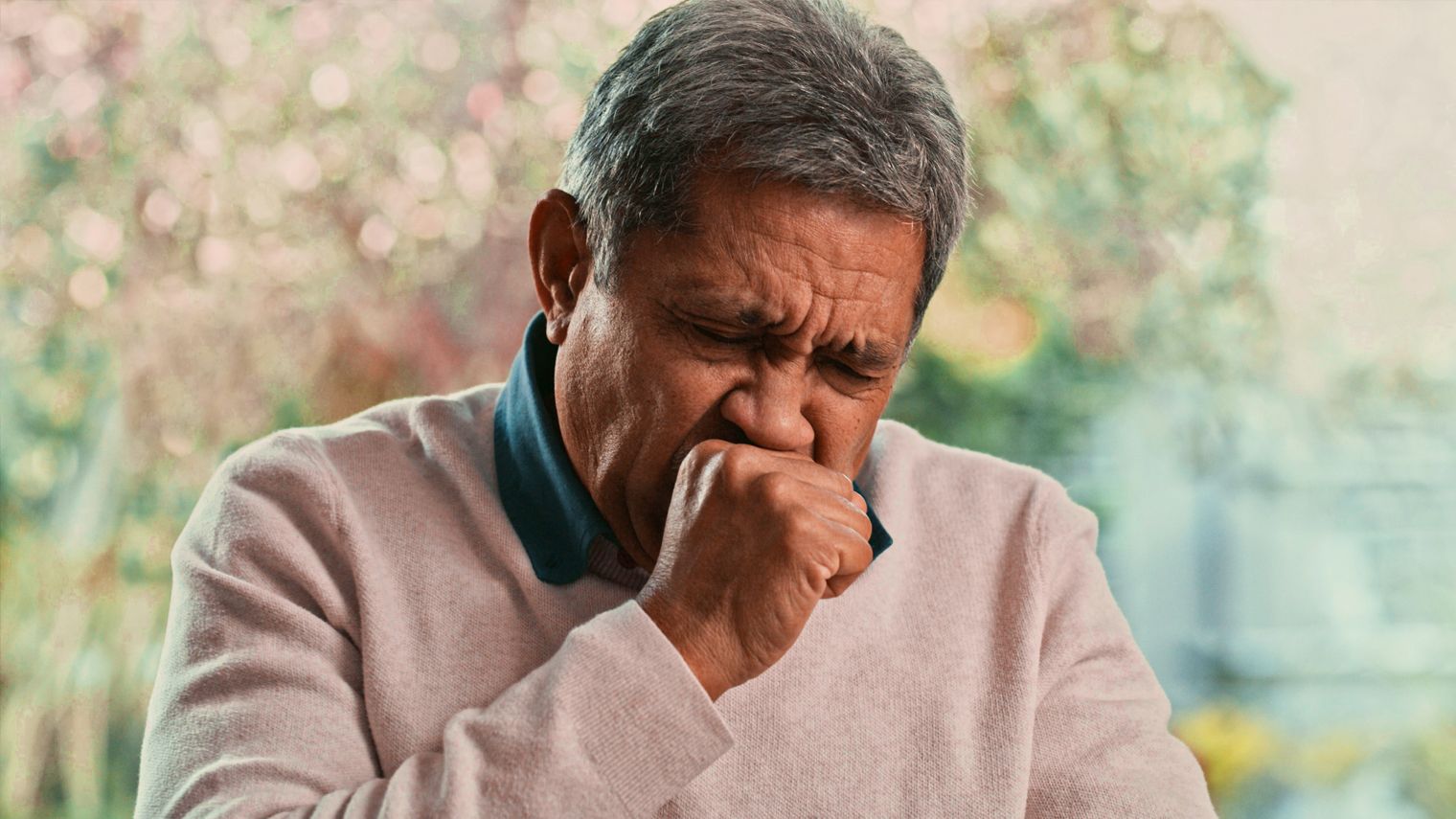Is Your COPD Getting Worse? Here Are the Signs
May 30, 2024
Content created for the Bezzy community and sponsored by our partners. Learn More

Photography by Kobus Louw/Getty Images
There’s always a possibility your COPD can worsen over time. Knowing the signs can help you make important health decisions.
Chronic obstructive pulmonary disease (COPD) is a progressive lung condition with no cure. Medications and lifestyle changes, like avoiding triggers or staying active, can help manage your symptoms and slow the progression of the disease.
But even if you follow your doctor’s recommendations closely, you may still find that your symptoms get worse from time to time.
Worsening symptoms should encourage you to schedule a time to talk with a doctor about what you’re experiencing.
Know your norm
Knowledge is power. It’s important to know your norm or how you feel on your “good days.” Identifying how you feel with well-managed COPD can help you realize when things are not quite right.
Remember, your symptoms may be different from other people living with COPD. When changes to your norm begin, it may be time to talk with a doctor and describe the difference.
1. Trouble sleeping
Changes in how you sleep can indicate COPD is getting worse.
Sleep disorders and trouble sleeping are very common in people living with COPD, and there’s a higher prevalence compared to people without the condition.
According to the results of a 2020 study, 68% of those who took a questionnaire, all with stable COPD, indicated having a sleep disorder.
The study’s authors suggest that doctors treating a person with COPD should include the Global Sleep Assessment Questionnaire as part of their routine care.
Your doctor wants to know if you’re experiencing new sleep issues such as restlessness, trouble staying asleep, or other issues. If this is your reality, it’s worth bringing up on your next visit.
2. Changes in your sputum
COPD often causes you to cough up mucus, known as sputum. Changes in sputum appearance, texture, or consistency may be a warning sign that your COPD may be getting worse.
3. More coughing
Coughing is a common symptom of COPD. Medications and other treatments can help manage coughing.
You may find yourself coughing more at night, or at times you normally don’t cough much. Maybe you’re starting to cough when you try to get up and move around.
Increased coughing can be frustrating and mean your COPD is no longer well managed.
If you’ve noticed you’re starting to cough more frequently, violently, or both, it may be a sign that your COPD is getting worse.
4. Feeling more tired (fatigue)
While anyone can feel fatigued from time to time, if you’re living with COPD, increased fatigue may indicate it’s getting worse.
Increased fatigue may make it difficult to do everything you did before. You might notice it prevents you from engaging in activities you enjoy, like walking outdoors, getting together with friends and family, or attending a special event.
If you’re starting to feel you have no energy most days or begin to run out of energy before the end of the day, it could be a sign your COPD is getting worse.
5. Changes in breathing
Of course, COPD shows an association with trouble breathing. Symptoms might include tightness in the chest, wheezing, trouble catching your breath, and trouble taking a deep breath.
With therapy, you should notice breathing becomes a bit easier, but if you’re struggling to take a deep breath, notice you have trouble breathing if you take a walk, or start feeling tight in your chest, it may be time to talk with a doctor.
What’s next?
Consider calling your doctor when you start to feel like your symptoms are flaring up more or worsening. There is no reason to wait until your next checkup, especially if it’s months away.
At any COPD appointment, you should share with the doctor:
- changes in type, time, or frequency of symptoms, and whether they tend to worsen several hours after taking medication
- changes in your activity level
- any other newly diagnosed conditions
- sleep issues or changes in how well you sleep
Once the doctor reviews your symptoms and assesses your general health, they might change your treatment plan. This may include medication or lifestyle changes. They might recommend changing your sleep position.
If the doctor feels your condition has become severe, they may recommend valve treatment or surgery. Either way, your doctor will consider your needs and offer specific treatments.
Takeaway
COPD is a progressive condition. Though therapies can help slow its progression, you may notice that your symptoms worsen over time — even after periods where you had them well managed.
Signs of worsening symptoms can include changes in breathing, increased coughing, changes in mucus, and trouble sleeping. You may also notice increased fatigue.
Understanding your normal, good days can help you determine when your symptoms are starting to change. Once you notice changes, you should strongly consider reaching out to your doctor for a new assessment.
Your doctor can make changes to your treatment plan to address the worsening symptoms and help prevent any further progression.
Medically reviewed on May 30, 2024
3 Sources


Like the story? React, bookmark, or share below:
Have thoughts or suggestions about this article? Email us at article-feedback@bezzy.com.
About the author